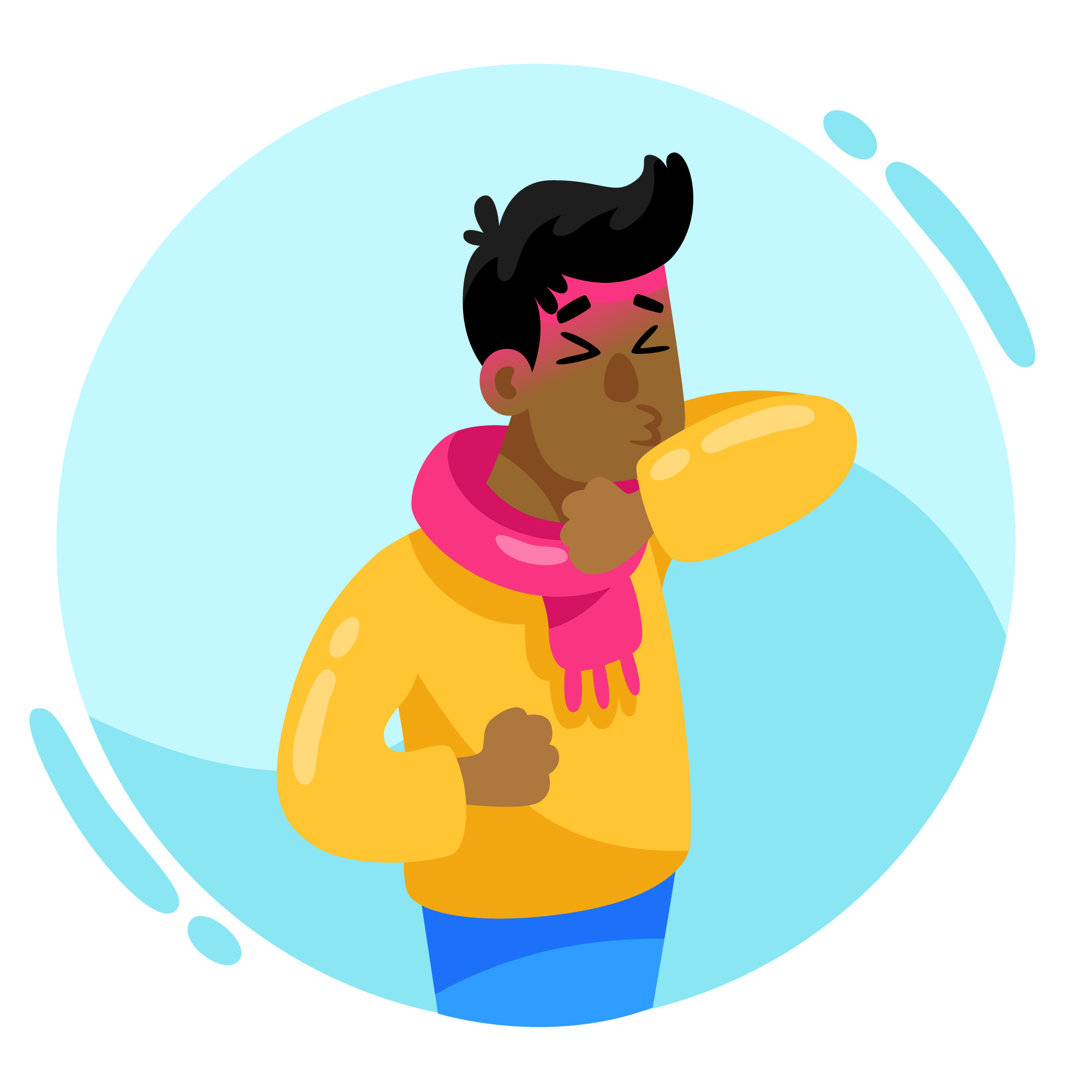Insight Allergy & Immunology – From the beautiful foliage and cooler weather to Halloween and pumpkin everything, fall is a season most of us look forward to each year. But it’s also the time of year when we start to experience runny noses, sneezing, congestion, and other symptoms that make us feel under the weather. These symptoms are often attributed to the common cold, but if you sneeze and cough at certain times each year, it is likely you are experiencing fall allergies. The most likely cause of fall allergies is ragwood, which grows wild and is prominent in the Northeast and Midwest regions of the United States. Other plants like burning bush, mold spores, and certain climate conditions (e.g. warm days and cool nights, wind) can also trigger fall allergies.
Because it can be difficult to determine the differences between cold and allergy symptoms, the team at Insight Allergy & Immunology has shared five signs your cold may actually fall allergies.
Your Symptoms Persist
If you are experiencing some of the primary symptoms associated with fall allergies (sneezing, congestion, runny nose, itchy eyes) for an extended period of time, it is likely that you are dealing with allergies and not a cold. Typically, for most adults, colds will go away on their own within three to seven days. However, it is not uncommon for fall allergies to persist for several weeks or longer. If the weather stays mild, symptoms can even extend into the winter months for some people.

You Experience The Same Symptoms Every Fall
For people prone to sneezing, sniffles, and sore throats as summer winds down, take note of what you are experiencing each year, as well as the timeline of your symptoms. If you notice some commonalities between your symptoms, when they start occuring, and how long it takes before you feel better, you may be experiencing fall allergies. Unlike colds, which are caused by viruses that can spread from person to person through air and close contact, allergies are triggered by airborne substances like pollen that only appear at certain times each year.
You Don’t Have Certain Symptoms
Colds and seasonal allergies share symptoms like sneezing, runny nose, and congestion, which makes it difficult to determine what exactly you are dealing with. However, there are a few additional symptoms with colds that are good indicators you may be experiencing more than just allergies. If you are also suffering from aches and pains, fatigue, weakness, headaches, fever, and coughing, you probably have a cold, COVID-19, or another virus. Most colds can be treated with home remedies, but if your symptoms don’t improve after a few days, it’s a good idea to see a doctor.
Your Symptoms Worsen Outdoors
Because most fall allergies are caused by pollen in ragweed, tumbleweed, and other plants, it is likely your symptoms will worsen when you spend time doing yard work like raking leaves or when simply being outdoors. If you start feeling seasonal allergies coming on, there are a few things you can do to alleviate your symptoms. Limiting your time outdoors (pollen counts are highest in afternoons and evenings), taking an antihistamine at the first sign of symptoms, keeping windows and doors closed to prevent pollen from entering your house, using an air purifier, changing air filters in your furnace and air conditioners, and avoiding using indoor irritants like scented candles and air fresheners are all effective ways to minimize the impact of seasonal allergies.
You Get Relief From Allergy Medicines
Another sign you are experiencing seasonal allergies instead of a cold is if you get relief from taking allergy medicines (antihistamines). When your body is exposed to allergens, it releases a chemical in your immune system called histamine. This is what triggers common allergy symptoms like sneezing and itchy eyes. When you take an antihistamine, you’re blocking this reaction in your body and should notice a meaningful difference in symptoms such as congestion, runny nose, itchy eyes, and skin rash. If you have a cold, which is caused by viruses, you won’t get the same results when taking an antihistamine.

Fall allergies don’t have to get in the way of your daily life. From lifestyle changes and over the counter remedies like antihistamines to allergy testing and shots, there are many options available to help you get relief. To learn more about seasonal allergies and our services at Insight Allergy and Immunology, contact us today to schedule an appointment.
FAQ

Q: Can I treat fall allergies at home?
A: Yes. Most fall allergies can be treated at home by limiting exposure to allergy triggers, keeping the indoor air clean with purifiers and dehumidifiers, and using over the counter medications like antihistamines and corticosteroid nasal sprays. If home remedies are not enough, a healthcare provider may recommend allergy testing, prescription medications, and allergy shots (immunotherapy).
Q: Is it possible to cure seasonal allergies?
A: Although there is no cure for seasonal allergies, it is possible to severely diminish their effects through lifestyle changes and medications.
Q: Are seasonal allergies contagious?
A: No. Allergies are the result of an immune reaction to something in the environment, such as dust or pollen, and are not contagious.

